There are many different types of Insect Control. While a chemical insecticide is the most common method of controlling pests, other methods have their benefits and disadvantages. Insecticides, for example, are not effective against all species, so a combination of chemical and biological approaches is often necessary to get results. One of the best approaches is to combine the use of biological and chemical methods, or integrated control. Biological control includes the use of low- or no-dose pesticides with crop-raising practices that inhibit the proliferation of pests. The use of parasites and predators will help to disrupt the reproduction cycle and kill the bugs for good.

Another option for Insect Control is to use soaps. Soaps are not very effective unless they dry out quickly. The mineral content in hard water affects the properties of soap, resulting in insoluble soap. Soaps are relatively safe, but they must be used correctly and with care to prevent the spread of harmful bacteria. Some of the common commercial products available for insect control are both chemical and biological, and they should be treated with caution.
Soaps have been used for over 200 years, but there has been a recent surge in interest in these natural products. While many chemical control products are harmful to insects, soaps have the advantage of being more environmentally friendly and effective. They do not have any toxins and are not dangerous to humans. While the mechanism behind their effectiveness is not fully understood, the chemicals they release disrupt the insects’ normal behaviors. While this may cause some health risks, soaps do not cause any adverse effects on the environment.
Insecticides have various risks. When applied too heavily, they can damage the environment. They may also affect the beneficial insects that exist in the environment. Therefore, it is important to select the right insecticide products and use them properly. Insecticides are a popular method for controlling pests, but it is important to know that chemical pesticides have limitations and must be used carefully. When applied correctly, they can be effective in controlling most pests.
The most effective chemical insecticides will kill the insects and inhibit their essential behaviors. These chemicals can be natural or synthesized mimics of them. However, it is important to note that these chemicals may have some negative effects on other beneficial insects. They do not kill the insects but, rather, disrupt their behavior. They do not irritate people. Insecticides are not only effective against harmful insects. They are also environmentally friendly.
Insects are a major problem in many areas of the world. While a chemical insecticide may be effective in killing insects, it can also damage plants. Fortunately, a chemical insecticide can be made from household products that are safe for plants. It can be expensive to purchase and apply, but it can be highly effective. The chemical chemicals in some specialized sprays are harmless to plants. If you are looking for a chemical-free option, you can use soap and detergent mixtures.
There are many other chemical solutions to the insect problem. One of the most effective is Bacillus thuringiensis. It is a bacteria that lives on an insect’s host. A few of these products will be applied directly to plants. The chemicals used in a spray will kill the insects and in some cases, even eliminate them. The best method is to choose a combination of methods and techniques. Biological Insect Control is an integral part of sustainable farming.
Insect Control can be done with a variety of different products. Some household products, such as hand soaps, may be effective. These include non-toxic alternatives and synthetic pesticides. These are available at your local grocery store. They can be applied to plants in your yard or garden for a cost of about two cents per gram. They work best when applied to an area that has recently suffered from an infestation.
Chemical Insect control involves the use of chemicals to kill pests and interfere with their natural behavior. Some chemical products are completely synthetic. Insecticides are not poisonous, but they can kill many beneficial insects. They are effective against a variety of insects. It is important to keep in mind that you should only use products that will not harm your pets or children. Insecticides can also be very effective against a variety of pests, but be sure to read the labels!
